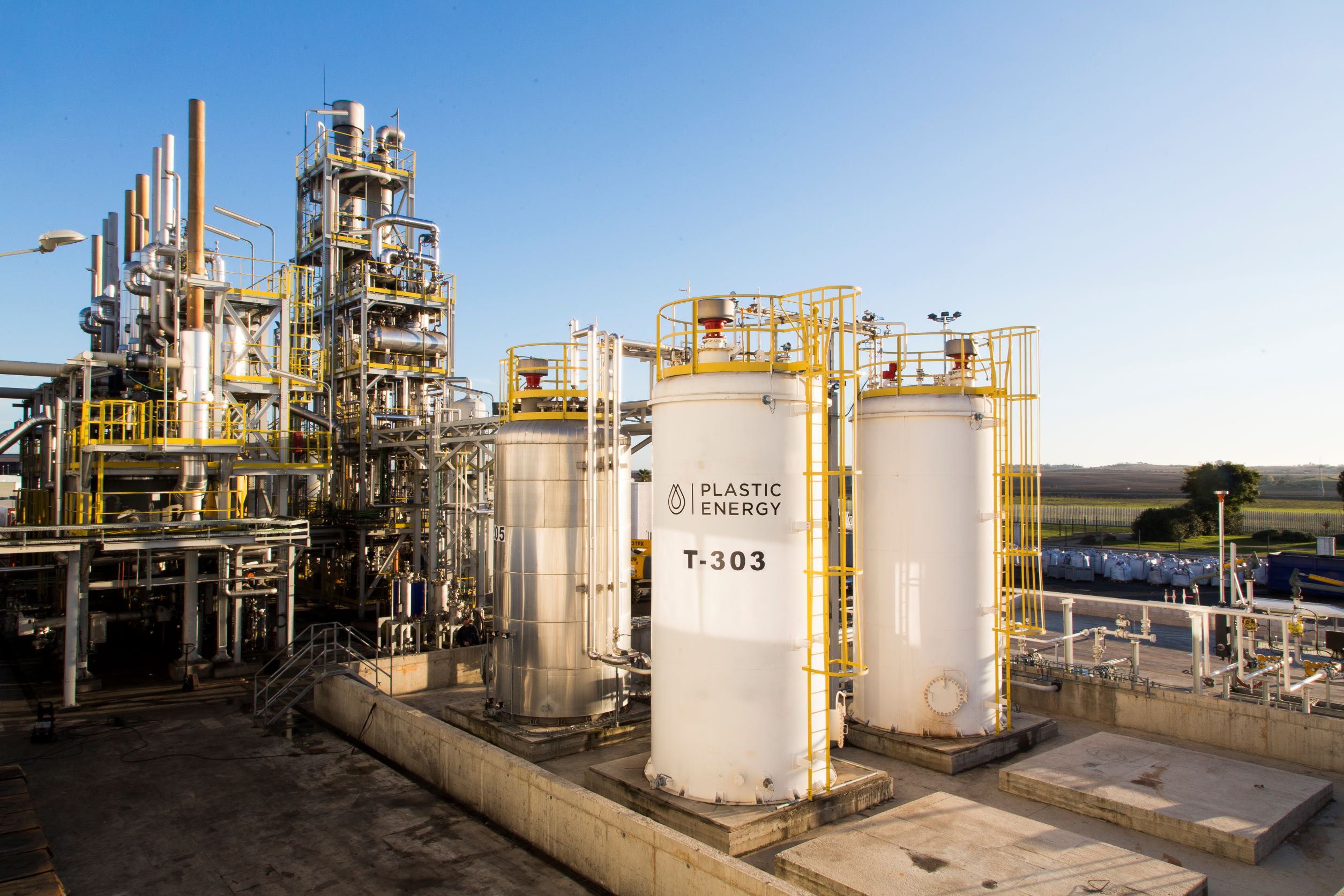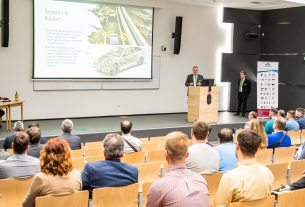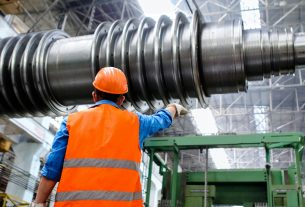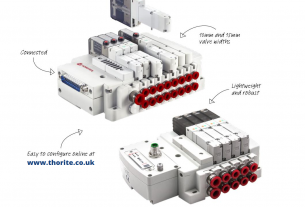Chemical recycling leader transforms end-of-life plastic waste into recycled oil to produce new products
A pioneering partnership between Siemens and global chemical recycling expert Plastic Energy is helping divert plastic waste from landfills and incineration.
Plastic Energy is innovating the plastic waste landscape with a recycling process which transforms end-of-life plastics into recycled oils that can be used to make new plastic products such as food-grade packaging.
The patented technology is currently used in two plants in Spain where Siemens’ automation and measurement technology, including SIMATIC PCS 7 and COMOS MRO, ensure the smooth running of control systems and overcomes the challenge of a complex mix of material consistency.
Now, to meet growing demand for plastic recycling, Plastic Energy is building several larger facilities across Europe, Asia and the US, starting with one in The Netherlands with partner SABIC. These plants will be significantly upscaled and feature Siemens’ end-to-end technology solutions, including Distributed Control Systems (DCS), process instrumentation and low voltage switchgear in the form of SIVACON S8 technology.
The long-term collaboration will enable Plastic Energy to continually evolve its technology and process, implementing improvements for better efficiencies and product quality, and achieve flexibility and scalability for its plant designs.
Plastic Energy is also working with Siemens to unlock further potential using a digital twin. This powerful tool creates a virtual model to give better insights and closed loop optimisation of both process and plant performance.
Steve Leech, Business Manager for Siemens Process Control Systems, said: “We have viewed working with Plastic Energy as a long-term partnership from the beginning of our relationship, which brings together the process and industry knowledge of Plastic Energy, with our innovative technology portfolio.
“The result is a process plant that is flexible and provides the opportunity for value-add use of the data provided, through using SIMATIC PCS 7 and our instrumentation platforms.
“It is great to be involved with a company so focused on sustainability and contributing to a positive impact on the environment through recycling of plastic waste.”
The durability of plastics creates a serious problem for the environment. Roughly one-third of the world’s plastic packaging waste ends up in the oceans or in unmanaged dumps on land.
Meanwhile, more than 50 percent of collected plastics end up in landfill, or incinerated, meaning valuable resources are disposed of in unsustainable ways. Then there is the challenge of what to do with the plastic waste that cannot be mechanically recycled, such as films and flexibles.
Plastic Energy developed a TAC™ recycling process, which converts plastic waste into a valuable substance called TACOIL™, which serves as a feedstock to produce new plastics. TACOIL™ has been incorporated into more than 10 products and packaging on the European market from brands such as Unilever, Tupperware and L’OCCITANE en Provence.
Through Plastic Energy’s processing, plastic waste becomes a resource itself, with dedicated procedures for recycling that tackle the global challenges of disposal and benefit the circular economy.
Plastic Energy’s goal is to recycle five million tonnes of plastic waste by 2030.
Carlos Monreal, CEO at Plastic Energy, headquartered in London, said: “Through our unique and patented technology and our long-proven process we achieve two important results: we prevent depletion of natural resources while simultaneously diverting plastics from incineration and landfill, thus protecting the environment from plastic pollution by decreasing the volume of end-of-life plastic waste that could end up as plastic pollution.
“Utilising Siemens automation and processing software is important to ensure that our recycling plants are operating to their full potential, and that we are able to continue to recycle as much plastic waste as possible.”




